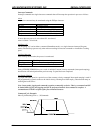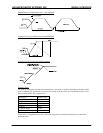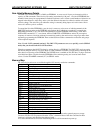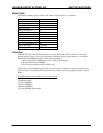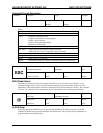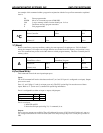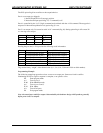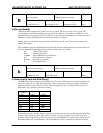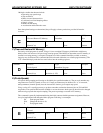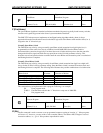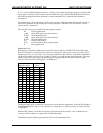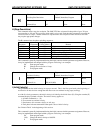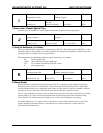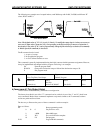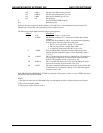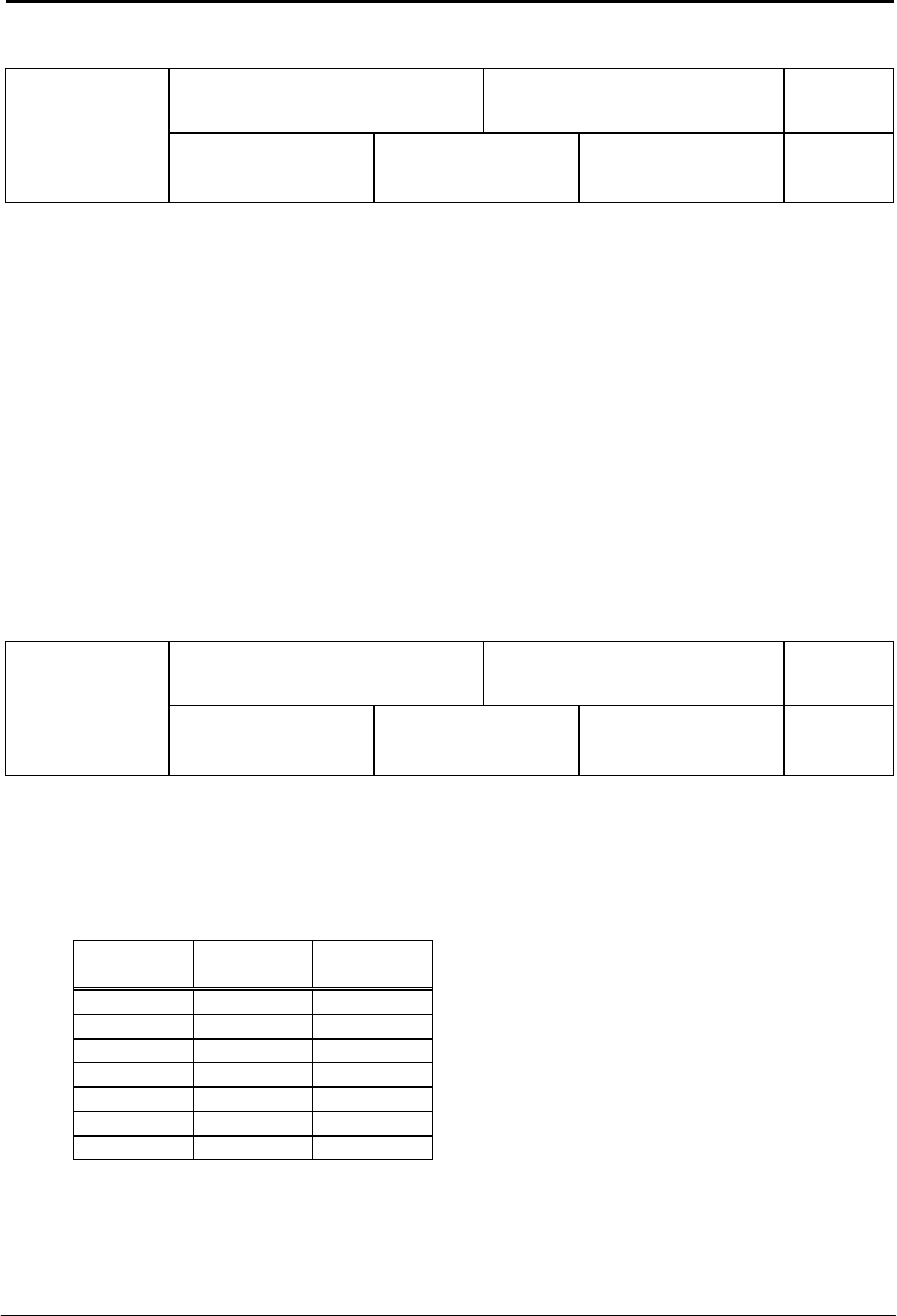
ADVANCED MICRO SYSTEMS, INC. SMC-27X2 SOFTWARE
36
Function Type NV Bytes
Set Jog Speeds Default, Immediate, Program 3
Command
B
Mnemonic
(Name) B (n1, n2)
Data 1
Slow Speed (0-255)
Data 2
High Speed (0-255)
Result
None
B (Set Jog Speeds)
These two numbers represent the speeds to use for jog inputs. The first is usually a lower speed. The
second number is used when the high-speed jog (pin J1-9) is held low. The values are multiplied by 30 to
determine the actual step rate in FULL steps per second. The controller automatically scales the step rates to
maintain a constant shaft RPM when the microstep resolution is changed.
Setting values of 0 will disable the jog. Speeds are divided by the “D” value. The power-up settings are
stored in NV memory.
This command is generally implemented during the initial customer default parameter assignment. However,
it may be implemented and changed within a program. Following, is an example:
P 0 Enters program mode.
B 0 0 Disable jog switches.
+ 100000 Move 100000 in the plus direction.
W 0 Wait until move is complete.
B 30 100 Re-enable jog switches.
P Exit program mode.
Function Type NV Bytes
Set Slow or Fast Decay Default, Immediate, Program 2
Command
b
Mnemonic
(Name) b (0, 255)
Data 1
Speed Threshold
Data 2
Result
None
b (lower case B; Fast and Slow Decay)
The DCB-274 has been designed to add both Slow and Fast decay. When there is no motion (stopped), the
decay will always be slow. The threshold defines a motor speed where slow decay changes to fast decay
during acceleration and switches back to slow decay during deceleration. The threshold will occur at an
RPM where step resolution is taken into account.
Threshold
Value
½ SPS
1/8 SPS
0 Fast Fast
25 650 2400
50 1300 4800
100 2400 9600
150 3700 14000
200 5000 19200
255 Slow
Because the step rate is actually measured, the decay detection functions for external step pulse input. Slow
decay provides smooth operation with reduced resonance’s at slow to medium speeds. Fast decay will
generally enhance high-speed operation at speeds above 200-300 RPM. The actual settings usually must be
determined empirically (see Addendum: “About Step Motor Current”) and tailored to the specific design.



